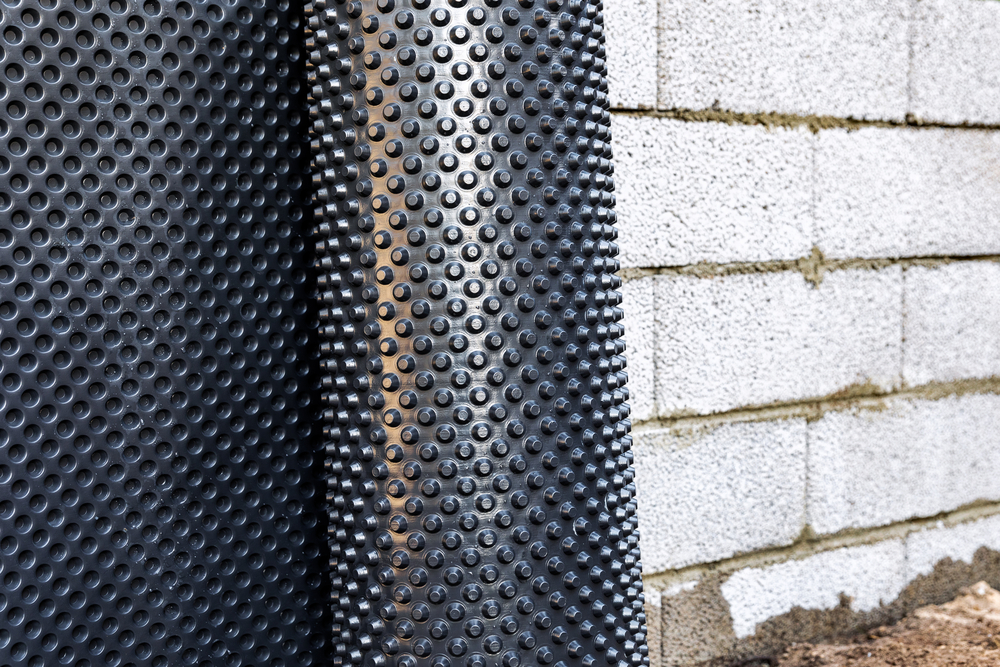Waterproofing a basement involves sealing the interior and exterior of your basement. It may involve the use of drains and sump pumps. There are many types of materials and techniques involved in this process, and the finished product can be very attractive. However, you must follow certain rules to avoid making any mistakes. Read on to learn more about the different methods of basement waterproofing. You can also add a basement waterproofing system if you haven't already.

One of the most effective ways to waterproof a basement is to install a baseboard channel. The baseboard channel is an aesthetic way to keep water out of the basement. Its installation costs around $30 per linear foot. In addition to being an attractive option, this type of wall covering also prevents mold and decay. If you're unable to afford a professional installation, you can do it yourself. It's not expensive, and the benefits far outweigh the expenses.
Another option for waterproofing a basement is to install a weep pipe. This drain pipe can be installed inside the basement's walls by drilling weep holes. The water will flow down the walls via gravity. If you're working with block walls, this method is the best option. It's easy to install and doesn't require any special tools. A strong back and a jackhammer are required to complete this task.
While it's important to get a contractor for basement waterproofing, it can be done by yourself if you don't know the first thing about foundations and basements. By following these tips, you'll be on your way to a waterproofed basement. When you're finished, you'll be able to find the source of the leak and halt the process. Moreover, you'll have an easier time repairing damage caused by excess dampness.
After locating the cause of the problem, you can start the waterproofing process. You should measure the area of your basement and then measure it. This will help you determine which type of waterproofing product you need and where to place it. Once you've done this, you can then proceed to the next step. A professional will be able to find and install the best solution for your basement. If you're not comfortable with the process, you can still do it yourself but it's better to get the advice of an experienced professional.
You can do your own waterproofing by painting your basement walls. It is a fairly easy and affordable process. Depending on the amount of waterproofing you need, you'll need a professional for this job. You can purchase the materials for your own project from a hardware store for around $150. While it's possible to hire a professional, you should make sure that the waterproofing process is as simple as possible.
A drainage system will prevent basement flooding. Having gutters on your roof and grading the dirt around your basement will help prevent water from reaching the basement. A drainage system will also ensure that water will flow away from your home and into the sewer. This way, the water will never be able to damage your basement. It will keep the area wet. If you're having problems with the drainage of the soil, you can also install gutters or install downspout extenders.
You can waterproof a basement by applying a sheet membrane to the walls. The sheets of rubberized asphalt will be applied to the walls. You must be sure that the sheet membrane covers all the walls and joints. It is crucial that you cover the entire area with six inches of soil before you apply the waterproofing material. A proper cover will prevent the water from seeping into the basement. If you don't do this, you'll be forced to make some adjustments to your foundation and re-plummet the foundation.
Before applying a waterproofing system, you need to know how much water is seeping in through the basement. This will help you plan the waterproofing process. Afterward, you'll need to seal the floor, walls, and ceiling of the basement. If you've already sealed the floor and walls, you can proceed to the next phase. A good foundation is a good foundation, while a good foundation will prevent basement moisture from seeping into the basement.
